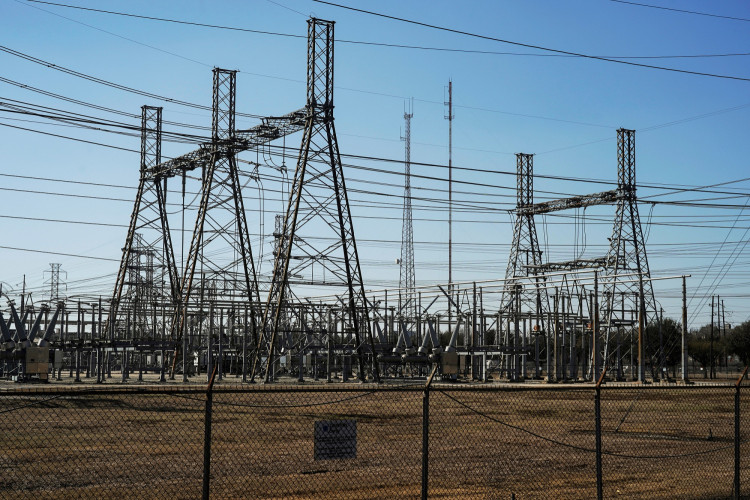Texas-based power retailer Griddy has been hit with a class-action lawsuit over its alleged "price gouging" of customers during the winter storm that hit the region.
The lawsuit was filed by Chambers County resident Lisa Khoury.
Khoury said in her complaint that she was billed $9,340 by the company. The lead plaintiff in the class-action lawsuit, which was filed in Houston on Tuesday, said that her normal monthly bill had only averaged between $200 and $250.
Houston-based Potts Law Firm said that Khoury was calling on all Texas residents to join the suit, which is seeking more than $1 billion in financial relief for affected customers. The suit is also seeking for the courts to issue an injunction that would prevent Griddy from collecting on its "excessive" electricity charges.
"At this point, we don't know how many people might be affected, but there are likely thousands of customers who've received these outrageous bills," Khoury's lawyers said.
Griddy issued a response and said that the lawsuit against it was "meritless." The company said that it had no control over the wholesale electricity prices during the winter storm, which had resulted in the shutdown of several power generation facilities across the nation.
"The prices charged are the direct result of the non-market prices ordered by the [Public Utility Commission of Texas] last week. The lawsuit is meritless and we plan to vigorously defend it," the company said.
The lawsuit accused Griddy of violating the state's Deceptive Trade Practices Act when it allowed customers to incur such "exorbitant amounts." Lawyers said that part of the act prohibits companies from "taking advantage of a disaster" to overcharge customers.
Griddy argued that customers were aware that they charge variable rates for power. According to Houston Public Media, around 30% of Texans are under a variable rate plan with their electricity providers.
The company said that it had informed customers to seek other sources after spot electricity prices hit an all-time high of over $9,000 per megawatt-hour. The surge reportedly caused some customers to incur electricity bills as high as $16,000.






